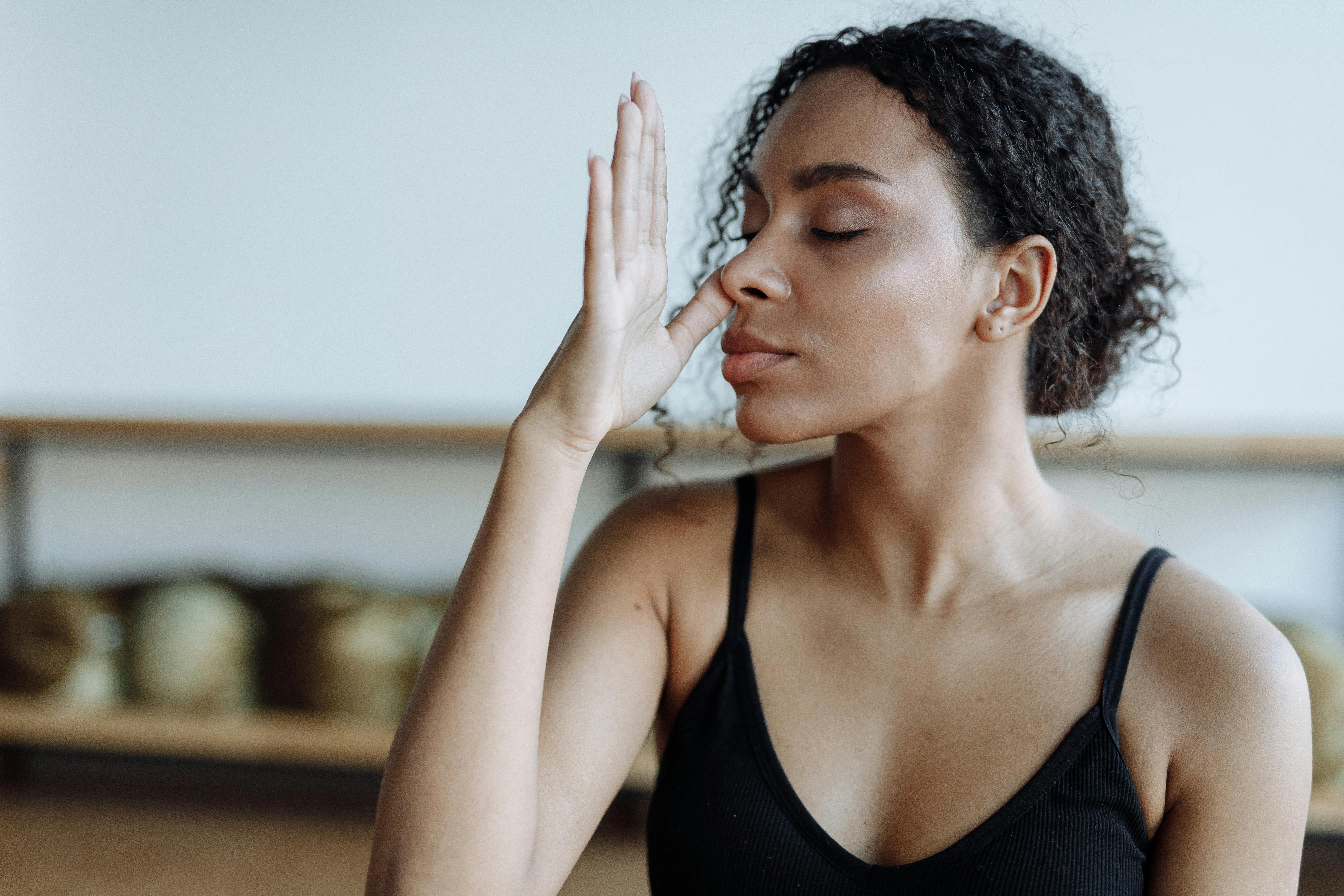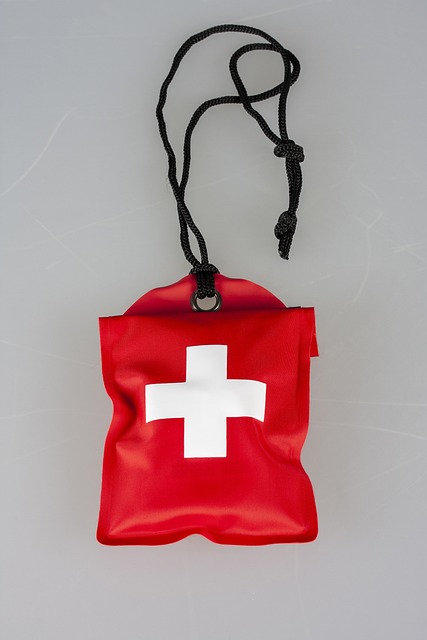Effective Strategies for Stress Relief: A Comprehensive Guide
Stress is an inevitable part of modern life, affecting millions of people worldwide. Whether it's work-related pressure, personal challenges, or global events, the impact of stress on our mental and physical well-being can be significant. Fortunately, there are numerous effective strategies for managing and reducing stress. This comprehensive guide explores various techniques and approaches to help you find relief and maintain a balanced, healthier lifestyle.

Another effective technique is loving-kindness meditation, which cultivates feelings of compassion and goodwill towards oneself and others. This practice can help reduce stress by promoting positive emotions and improving interpersonal relationships. To begin, sit quietly and focus on sending feelings of love and kindness first to yourself, then to loved ones, acquaintances, and eventually to all beings.
Guided imagery is also a potent stress-relief meditation technique. It involves visualizing peaceful, calming scenes or experiences. This can be done independently or with the help of audio recordings. By engaging your imagination, you can create a mental escape from stressful situations and promote relaxation.
How can breathing exercises contribute to relaxation and stress reduction?
Breathing exercises are simple yet powerful tools for managing stress. One of the most effective techniques is diaphragmatic breathing, also known as belly breathing. To practice, place one hand on your chest and the other on your abdomen. Breathe in slowly through your nose, allowing your belly to expand while keeping your chest relatively still. Exhale slowly through pursed lips, feeling your abdomen fall. This technique helps activate the body’s relaxation response, reducing heart rate and blood pressure.
The 4-7-8 breathing technique is another popular method for stress relief. Inhale quietly through your nose for a count of four, hold your breath for a count of seven, then exhale completely through your mouth for a count of eight. Repeat this cycle four times. This exercise can help calm the nervous system and promote a sense of relaxation.
Box breathing, used by Navy SEALs to manage stress in high-pressure situations, is also highly effective. Inhale for four counts, hold for four counts, exhale for four counts, and hold again for four counts. Visualize tracing the sides of a square as you perform each step. This technique can help regain focus and reduce anxiety in stressful moments.
What role does physical activity play in stress management?
Regular physical activity is a crucial component of effective stress management. Exercise releases endorphins, the body’s natural mood elevators, which can help reduce stress and anxiety. Activities like brisk walking, jogging, cycling, or swimming for at least 30 minutes a day can significantly impact your stress levels and overall well-being.
Yoga is particularly beneficial for stress relief, combining physical postures with breathing exercises and meditation. Practices like Hatha yoga or restorative yoga can help reduce cortisol levels, the body’s primary stress hormone. Additionally, yoga can improve flexibility, balance, and body awareness, contributing to a greater sense of overall well-being.
Tai Chi, an ancient Chinese practice, is another excellent option for stress reduction. Often described as “meditation in motion,” Tai Chi involves slow, flowing movements combined with deep breathing and mental focus. Regular practice can improve balance, flexibility, and overall stress resilience.
How can cognitive-behavioral techniques help in managing anxiety and stress?
Cognitive-behavioral techniques are powerful tools for managing anxiety and stress by addressing the thoughts and behaviors that contribute to these feelings. One effective method is cognitive restructuring, which involves identifying and challenging negative thought patterns. By recognizing irrational or exaggerated thoughts and replacing them with more balanced, realistic perspectives, you can reduce stress and anxiety.
Another useful technique is progressive muscle relaxation. This involves tensing and then relaxing different muscle groups in sequence, from your toes to your head. This practice not only helps release physical tension but also promotes mental relaxation and body awareness.
Time management and prioritization strategies can also significantly reduce stress. Techniques like the Eisenhower Matrix, which categorizes tasks based on urgency and importance, can help you focus on what truly matters and reduce overwhelm. Additionally, setting realistic goals and breaking large tasks into smaller, manageable steps can make challenges feel less daunting.
What lifestyle changes can support long-term stress reduction?
Long-term stress reduction often requires making sustainable lifestyle changes. Prioritizing sleep is crucial, as lack of sleep can exacerbate stress and anxiety. Aim for 7-9 hours of quality sleep per night by establishing a consistent sleep schedule and creating a relaxing bedtime routine.
Nutrition plays a vital role in stress management. A balanced diet rich in fruits, vegetables, whole grains, and lean proteins can help regulate mood and energy levels. Limiting caffeine and alcohol intake can also contribute to better stress management, as these substances can interfere with sleep and exacerbate anxiety.
Cultivating social connections is another important aspect of stress reduction. Spending time with friends and family, joining support groups, or engaging in community activities can provide emotional support and a sense of belonging, which are crucial for managing stress.
Incorporating mindfulness into daily life can also have a significant impact on stress levels. This can include practices like mindful eating, taking regular breaks to check in with your body and emotions, or simply paying more attention to your surroundings during routine activities.
In conclusion, effective stress relief involves a multifaceted approach that combines various techniques and lifestyle changes. By incorporating meditation, breathing exercises, physical activity, cognitive-behavioral techniques, and positive lifestyle habits, you can develop a comprehensive strategy for managing stress and improving your overall well-being. Remember that finding what works best for you may take time and experimentation, so be patient and kind to yourself as you explore these different approaches to stress relief.






